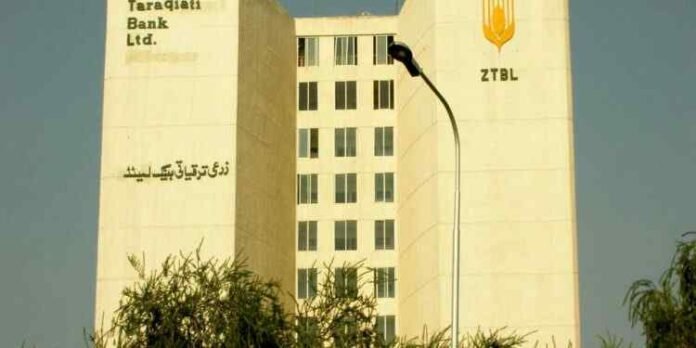The government has taken a key step toward selling Zarai Taraqiati Bank Limited (ZTBL), signing an agreement with a Next Capital–led consortium to manage the transaction. The consortium will serve as financial advisor for the privatisation process, which is part of Islamabad’s broader effort to reduce state involvement in commercial entities.
The advisory group brings together several firms, including Ijaz Ahmed & Associates, Baker Tilly Mehmood Idrees Qamar, Executives Network International, Bridge Public Relations, Savills Pakistan, and Prima Global Consulting. Their role will be to carry out due diligence, connect with potential buyers, and oversee a competitive bidding process.
Why ZTBL’s Sale Matters
ZTBL is Pakistan’s largest public-sector agricultural bank, with 501 branches spread across rural and semi-urban areas. The institution has historically catered to small farmers, a segment often overlooked by commercial banks due to high risk and lower profitability.
The Privatisation Commission has argued that bringing in private-sector management could modernise the bank, introducing digital lending systems and expanding credit access to rural communities.
Criticism and Concerns
Not everyone is convinced. Agricultural experts worry that privatisation could sideline the very farmers ZTBL was created to serve. They point out that commercial banks already tend to avoid direct lending to smallholders, and that official statistics on agricultural credit are misleading—since loans to agro-industries are often classified as farmer financing.
Analysts say the challenge will be ensuring that ZTBL’s new owners maintain its core mission of supporting small-scale agriculture, rather than shifting focus solely to more profitable lending sectors.
What’s Next
With the advisory team in place, the process now moves into investor engagement and due diligence. The government has promised a transparent sale, though much will depend on how attractive investors find an agricultural bank with a unique mandate—and whether safeguards are built in to protect farmer access to credit.


